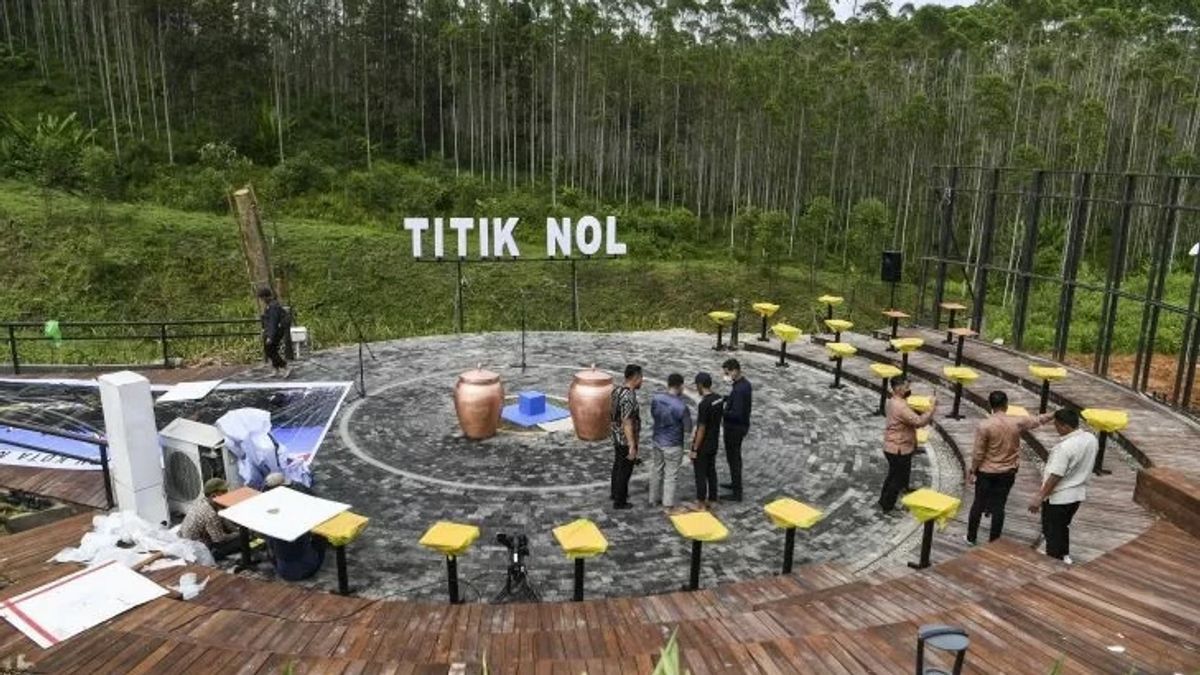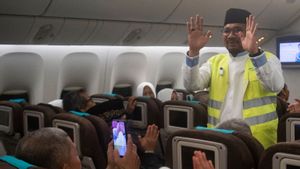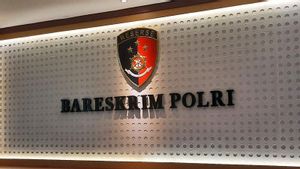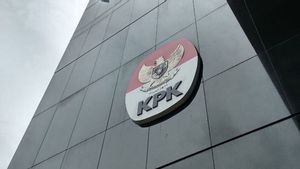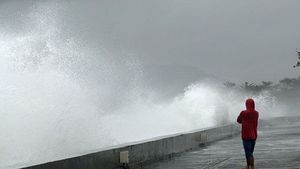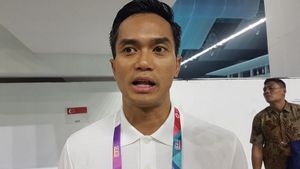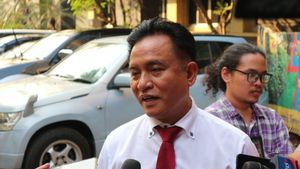JAKARTA - Head of the Capital Archipelago Authority (IKN) Bambang Susantono said the capital city in East Kalimantan will be built into a sustainable forest city, which is a combination of an inclusive, green city, with high resilience.
"So from 256,000 hectares of the area to be built for IKN, actually only 25 percent or about 160 thousand hectares will be built into cities, the remaining 65 percent are tropical forests, which are combinations of inclusive, green cities, with high resilience or resilience," said Bambang as quoted by ANTARA, Wednesday, May 24.
Bambang said that Indonesia had previously become a country accused of deforestation.
For this reason, the development of IKN this time was carried out with careful planning and concepts for refractation, namely restoring the function of forests, which will be in line with the development of green cities as part of the vision of Indonesia Gold 2045.
"We ourselves see that IKN stands for or is an abbreviation from Investment (Investment),Knowledge (knowledge), and Nature(Alam), because we believe that in order to find a form of sustainable forest city, there will be many new concepts that will complement each other, and we know there will be something good there," he said.
Bambang emphasized that IKN development has also been adrift and is in line with global targets, namely the commitment to overcome climate change by developing a Locally Determined Contribution (LCD), which is part of the National Determined Contribution (NDC), which is a commitment to building a city that is low in carbon and has climate resilience in the future.
In addition, IKN will also be in line with the global target, namely biodiversity or biodiversity, by becoming a city that is able to absorb carbon by reforestation, as well as encourage the wealth of flora and fauna that has been recognized by the world.
In addition, Bambang also emphasized that the archipelago must become a cultural center for the younger generation in the future.
VOIR éGALEMENT:
"IKN will also become a cultural center for millennials and Generation Z, so we have to think carefully and estimate what culture will be relevant to them in 2045? We have to prepare that," he said.
In essence, apart from being a city to maintain nature conservation, Bambang also emphasized that IKN will support smart cities that are in line with culture in the archipelago.
"In addition to maintaining the carrying capacity of the environment, and developing smart living, smart working, as well as smart learning, all of course must be in line with our Indonesians, becoming a green and positive living laboratory or positive living lab, can also maintain harmony between humans, nature and culture," he said.
The English, Chinese, Japanese, Arabic, and French versions are automatically generated by the AI. So there may still be inaccuracies in translating, please always see Indonesian as our main language. (system supported by DigitalSiber.id)
